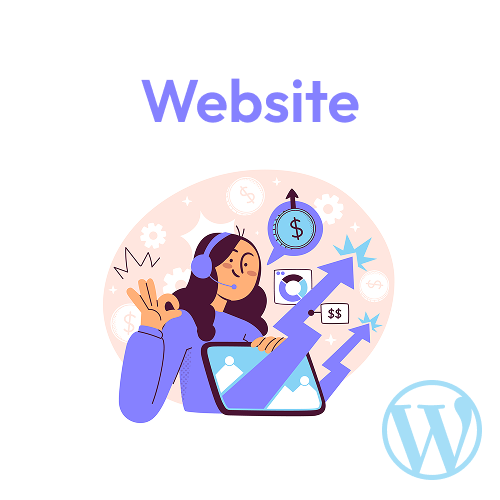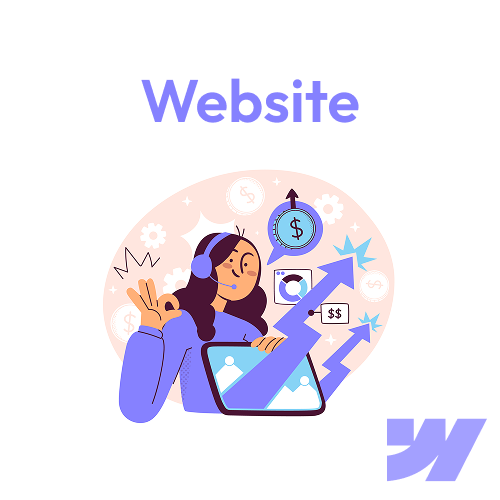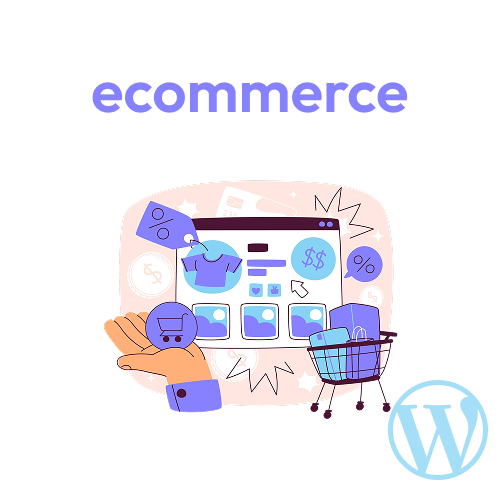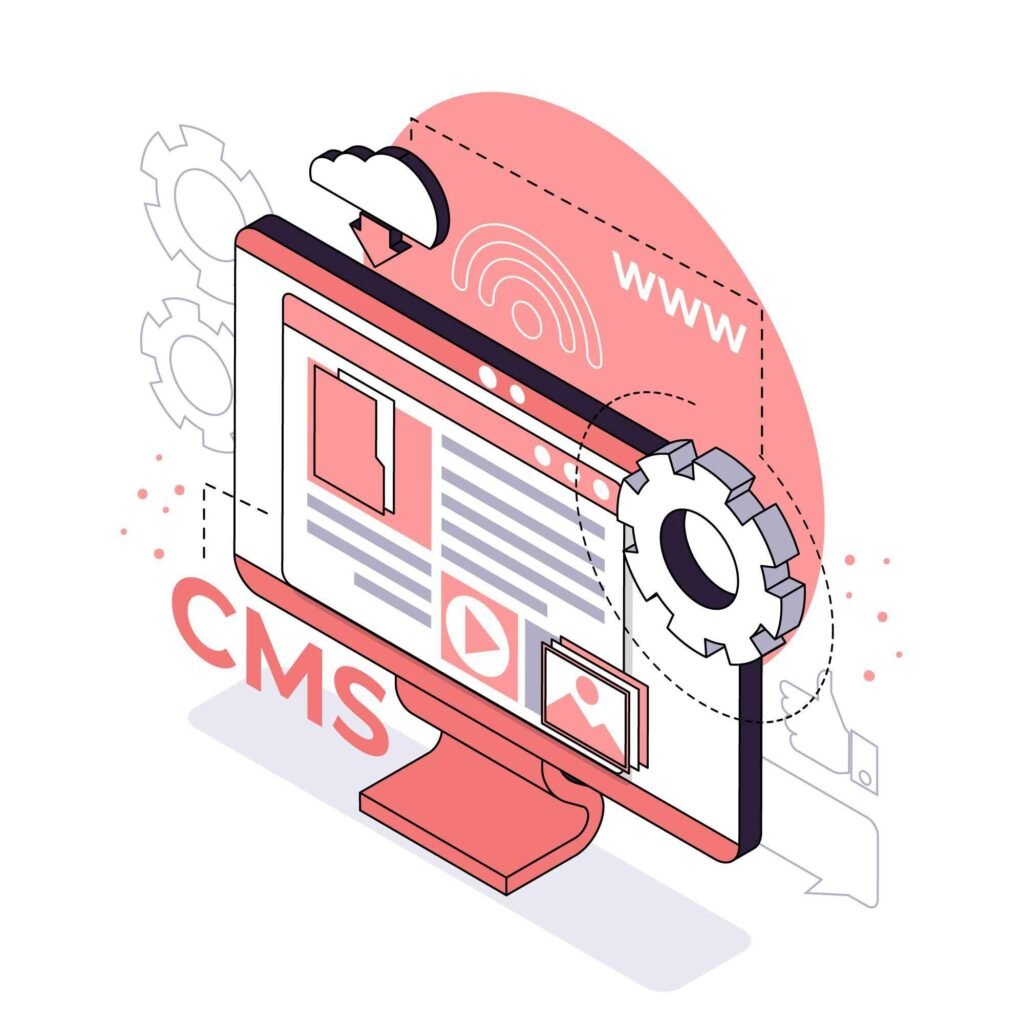Choosing the right ecommerce platform is a foundational decision that impacts your store’s functionality, design, growth potential, and daily management. For business owners, the choice can be overwhelming. Three of the most powerful contenders are WordPress with WooCommerce, Webflow, and Shopify.
Each platform serves a different philosophy and type of user. There’s no single “best” option—only the best one for your specific business needs, technical skills, and long-term vision.
In this detailed comparison, we’ll break down the strengths, weaknesses, and ideal use cases for each platform to help you make an informed decision.
At a Glance: Key Differences
| Feature | WordPress (WooCommerce) | Webflow | Shopify |
|---|---|---|---|
| Best For | Flexibility & total control | Design purity & visual development | Getting started quickly & ease of use |
| Technical Skill | Intermediate to Advanced | Intermediate | Beginner to Intermediate |
| Cost | Variable (hosting, plugins, themes) | Predictable (all-in-one) | Predictable (subscription + apps) |
| Design Freedom | Unlimited (with coding) | High (visual editor, limited by GUI) | High within template/system |
| Scalability | Excellent (with proper hosting) | Good (growing ecommerce features) | Excellent (built for scale) |
| Primary Strength | Unlimited customization via plugins | Pixel-perfect, code-free design | All-in-one, hassle-free operation |
Deep Dive: Platform Strengths and Weaknesses
1. WordPress + WooCommerce: The Customization Powerhouse
What it is: WooCommerce is a free, open-source plugin that transforms a WordPress website into a fully-functional online store.
Pros:
- Unmatched Flexibility: With over 50,000 WordPress plugins and thousands of WooCommerce extensions, you can build any type of store, from simple to incredibly complex (subscriptions, memberships, bookings).
- Full Ownership & Control: You own your website files and data. You’re not locked into a proprietary system and can move your site wherever you want.
- SEO Superpower: WordPress is inherently SEO-friendly, and with plugins like Yoast or Rank Math, you have granular control over every SEO element.
- Cost-Effective for Basics: The core plugin is free. You only pay for hosting and any premium extensions you need.
Cons:
- Hands-On Management: You are responsible for your own hosting, security, speed optimization, and updates. This requires more technical oversight.
- Variable Costs: While the software is free, costs for premium themes, essential plugins, and developer help can add up.
- Steeper Learning Curve: Achieving a professional, unique store often requires a developer or a significant time investment to learn.
Ideal For: Businesses that anticipate complex needs, already use WordPress, require deep SEO control, and have technical resources or a development team.
2. Webflow: The Designer’s Dream
What it is: A unified visual web design and CMS platform that now includes native ecommerce functionality.
Pros:
- Unparalleled Visual Design Control: Design every element of your store visually, without writing code. Achieve pixel-perfect, unique layouts that are impossible on other platforms without custom development.
- Clean, Semantic Code: Webflow generates clean HTML, CSS, and JavaScript, which is great for site speed and SEO.
- All-in-One Tool: Design, content management (CMS), and ecommerce are built into one cohesive system, eliminating the need to juggle multiple plugins.
- Stunning Templates: Offers a collection of highly modern, visually impressive templates.
Cons:
- Learning Curve: The visual editor is powerful but has a steeper learning curve than a typical page builder.
- Ecommerce Limitations: While rapidly improving, it’s not as mature as Shopify or WooCommerce. Advanced features like abandoned cart recovery or complex discount rules may require workarounds or third-party tools.
- Cost: ecommerce plans are more expensive than basic Shopify or WooCommerce hosting plans.
Ideal For: Design-focused brands, creative agencies, and businesses where unique branding and visual storytelling are paramount. Best for those who value design control over extensive ecommerce app ecosystems.
3. Shopify: The Turnkey ecommerce Giant
What it is: A fully-hosted, subscription-based SaaS (Software-as-a-Service) platform dedicated solely to ecommerce.
Pros:
- Incredibly Easy to Use: Get started in minutes. Shopify handles all the technical stuff: hosting, security, updates, and backups.
- All-in-One Solution: Includes everything out-of-the-box: payment processing (Shopify Payments), shipping labels, and a massive app store for added functionality.
- Robust and Reliable: Built to handle high traffic and sales volume without you worrying about server capacity.
- Strong Support: Access to 24/7 customer support, which is a lifesaver for new store owners.
Cons:
- Less Design Freedom: While you can customize themes, you are ultimately working within the confines of the Shopify system and Liquid templating language. Truly unique designs often require a developer.
- Transaction Fees: If you don’t use Shopify Payments, you’ll pay an additional fee on every sale.
- Monthly Cost: The base subscription cost is ongoing, and premium apps can create a significant recurring expense.
Ideal For: Entrepreneurs and businesses that want to start selling quickly without technical headaches. Perfect for those who prioritize ease of use, reliability, and a comprehensive feature set over total design freedom.
The Verdict: Which One Should You Choose?
- Choose WooCommerce if you need maximum flexibility and control, have complex requirements, and don’t mind handling (or hiring someone for) technical maintenance.
- Choose Webflow if design and branding are your top priorities, you want a visually unique site without deep coding, and your ecommerce needs are relatively standard.
- Choose Shopify if you want an all-in-one, hassle-free solution to get up and running fast, and you value ease of use and support over total design control.
Still Not Sure? Let Our Experts Guide You
This decision is crucial, and our web design studio has deep expertise in all three platforms. We can help you analyze your business goals, technical capabilities, and budget to choose and build on the perfect foundation.
🚀 Schedule a free consultation with us to discuss your ecommerce project and build a store that’s engineered for growth.







